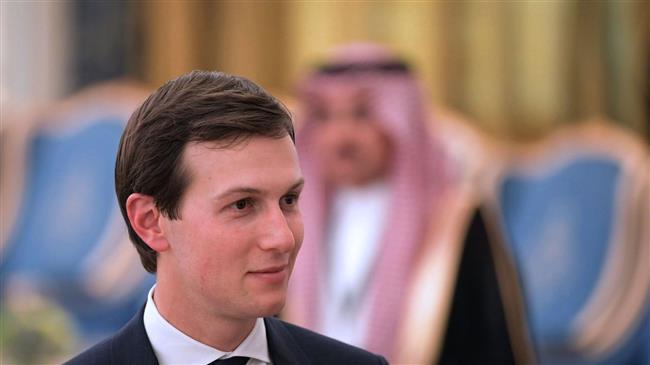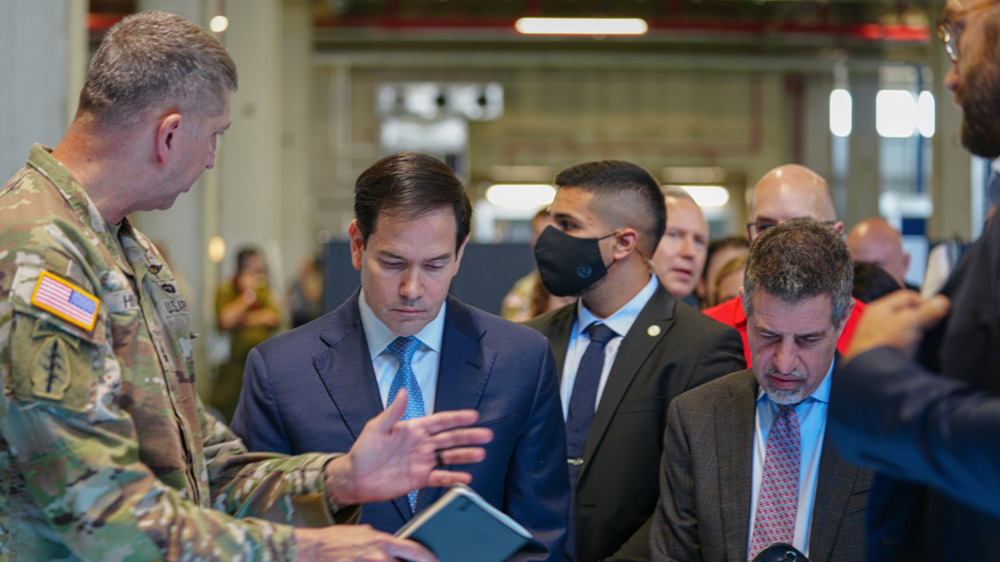Kushner was behind clandestine Saudi-Israeli alliance: Bob Woodward’s book
US President Donald Trump’s son-in-law Jared Kushner was behind the clandestine alliance between Israel and Saudi Arabia, American investigative journalist Bob Woodward has claimed in his new book, “Fear.”
According to Woodward, Kushner pushed this plan despite the opposition of some senior White House officials, namely Defense Secretary James Mattis, then-Secretary of State Rex Tillerson and then-National Security Adviser H.R. McMaster.
Kushner started working on a Tel Aviv–Riyadh alliance shortly after President Trump captured the White House in early 2017, suggesting that the president’s first foreign trip would include visits to Saudi Arabia and Israel, the journalist wrote.
Woodward stated that Kushner had stronger ties to the most senior officials in Israeli Prime Minister Benjamin Netanyahu’s cabinet.
He added that Kushner faced constant challenges from senior US officials over who should be the top Saudi official to work with.
Woodward wrote that senior US intelligence officials wanted former intelligence chief and crown prince, Mohammed bin Nayef to work for the US but Kushner preferred Mohammed bin Salman.
Kushner “had important and reliable intelligence that the key to Saudi Arabia was the deputy crown prince, the charismatic 31-year-old Mohammed bin Salman, known as MBS,” Woodward reported.
“The message from them was that Kushner better be careful,” Woodward wrote about Kushner’s rivals in the White House. “The real solid guy was the current crown prince, Mohammed bin Nayef, 57, who was known as MBN. He was the king’s nephew credited with dismantling Al-Qaida in the Kingdom as head of the Interior Ministry. Showing favoritism to the younger MBS would cause friction in the royal family,” Woodward noted.
Woodward wrote that Tillerson believed that “engagement with MBS should be taken with a grain of salt. The US could work hard on a summit, and in the end have nothing.”
In June 2017, bin Salman replaced his cousin, Prince Mohammed bin Nayef, as the first in line to the Saudi throne. Nayef is reportedly under house arrest.
The young prince then launched a self-promotion campaign meant to consolidate his grip to power, as part of which hundreds of royals and high-profile business man were arrested and tortured over “corruption” charges. Most of them were later released under hefty cash settlements with Riyadh.
Bin Slaman has also tried to portray himself as a “reformist” and advocate of women’s rights by introducing a string of economic and social changes.
Under bin Salman, Saudi Arabia’s de facto leader, the kingdom has stepped up its overtures towards Israel.
VIDEO | Press TV's news headlines
Iran, Russia stress strategic partnership as Pezeshkian, Putin meet
Iran stresses need for trust, solidarity among world’s nations
Israel admits it inflicted less damage to Iran than initially thought
VIDEO | Venezuela condemns US seizure of oil tanker
VIDEO | Iran, Africa strengthen scientific, health ties
Iran slams powers for granting Israel ‘special right’ for aggression
‘Act of state piracy’: Iran blasts illegal US seizure of Venezuelan oil tanker












 This makes it easy to access the Press TV website
This makes it easy to access the Press TV website